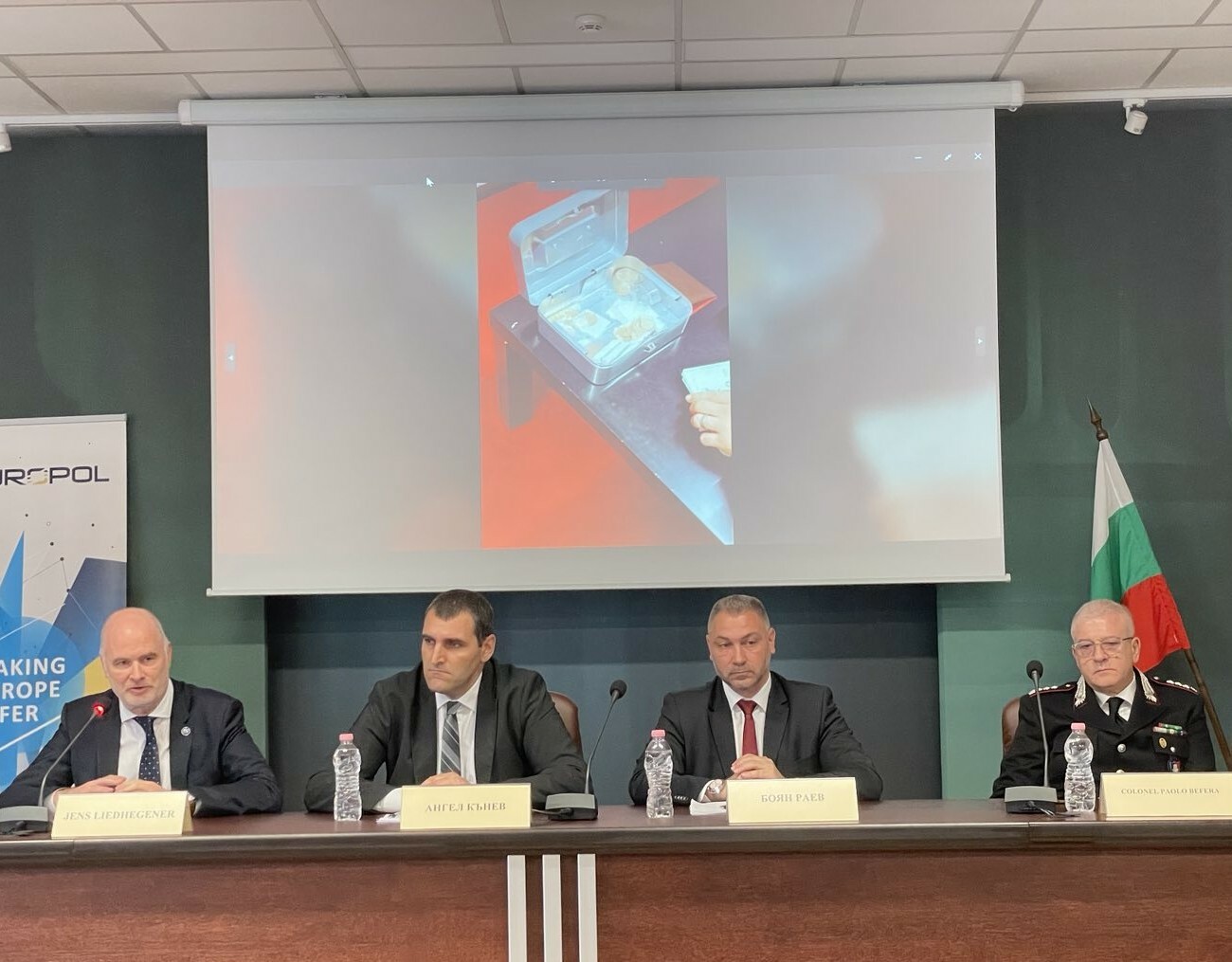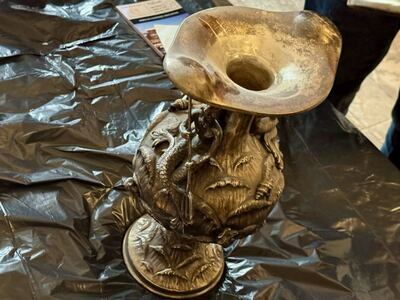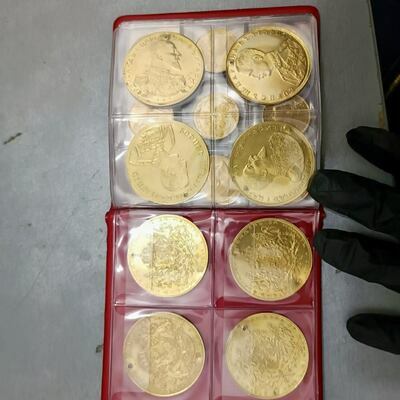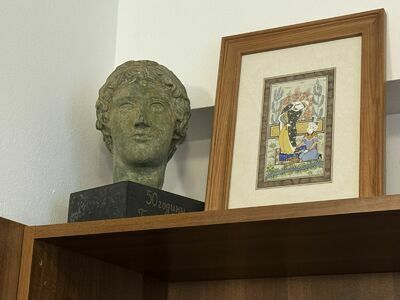
An organized criminal network involved in the trafficking of cultural goods and money laundering was uncovered during a large-scale international operation conducted jointly in seven countries.
The operation is the result of the joint efforts of the Sofia City Prosecutor’s Office, the General Directorate for Combatting Organized Crime, Europol, Eurojust, the Italian Carabinieri and the National Investigation Service. Representatives of the State Agency for National Security also took part. The operation was coordinated from coordination centers established for the purpose of the operation in Sofia and at Eurojust in The Hague, the Netherlands.
On 20 November 2025, a briefing was held at which details of the large-scale investigation were made public. The briefing was attended by Angel Kanev, Deputy Head of Sofia City Prosecutor’s Office, Chief Commissioner Boyan Raev, Director of the General Directorate for Combatting Organized Crime; Jens Liedhegener, Head of the Property Crimes Team at the European Serious Organized Crime Centre (ESOCC) and Colonel Paolo Befera, Deputy Commander of the Italian Specialized Unit for protection of Cultural Heritage.
During the operation carried out on 19 and 20 November 2025 under the direction of the Sofia City Prosecutor’s Office, with the leading participation of the General Directorate for Combatting Organized Crime, 35 individuals were arrested. At the international level, national authorities from Germany, Italy, Greece, France, the United Kingdom, Albania and Bulgaria took part.
In the course the investigative actions, numerous properties in Bulgaria and abroad owned by individuals suspected of being connected to the network were searched, including private homes, offices, vehicles and bank safe-deposit boxes in Bulgaria, Greece, France, Germany and Albania.
Antique items and cultural goods were seized, including gold and silver coins, vessels, ecclesiastical artifacts, works of art, as well as a large quantity of weapons and ammunition, investment gold, cash, electronic devices and documents relevant to the ongoing proceedings.
The Europe-wide investigation began following a search of a private house in Bulgaria in 2020, during which authorities seized approximately 7,000 cultural goods of immeasurable historical and monetary value. Most of the items—primarily Greek, Roman and Thracian antiquities, some dating back to 2000 BCE—lacked clear documentation of origin. Following their seizure, they have been kept at the National Museum of History in Sofia. Subsequently, at the initiative of the Sofia City Prosecutor’s Office, Europol launched an OTF (Operational Task Force) led by the Sofia City Prosecutor’s Office.
Prosecutor Angel Kanev reported that the seized artifacts have a total value of over €100 million according to black market prices. The unique artifacts and precious metal coins uncovered during illegal excavations in Balkan countries and Italy are invaluable to the world’s cultural heritage. The criminal group targeted clients who collect ancient Roman, Greek, Persian and Thracian art, selling the items with documents falsely claiming legal provenance. Over 90% of the recovered artifacts are of Bulgarian origin.
Prosecutor Angel Kanev also reported that the case involves money laundering exceeding 1 billion US dollars.
Over 220 officers from the General Directorate for Combatting Organized Crime, organized into 65 teams, took part in the police operation, which was described as unprecedented by all participants, reported GDCOC Director Boyan Raev. He congratulated the officers on the successful operation and expressed his gratitude to the European countries and partner agencies for their assistance on all fronts.
Jens Liedhegener, Head of the Property Crimes Team at the European Serious Organized Crime Centre, explained that the task force was established two years ago to facilitate information exchange between countries. He emphasized that this is the largest operation in the field of cultural heritage ever carried out by Europol, involving specialists in cultural goods and money laundering. Liedhegener stated that the next step will be the return of the artifacts to their countries of origin.
Deputy Commander of the Italian Specialized Unit for the protection of Cultural Heritage, Colonel Paulo Befera, congratulated Bulgaria on this success. “This operation should be cited as an example of a successful operation. It represents the cultural DNA of these countries”, he stated.


